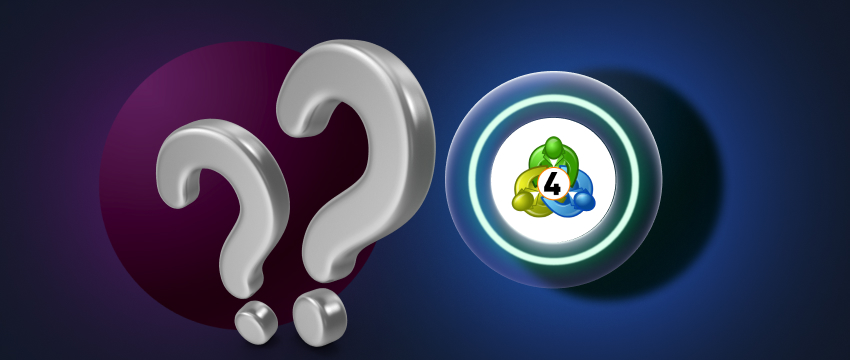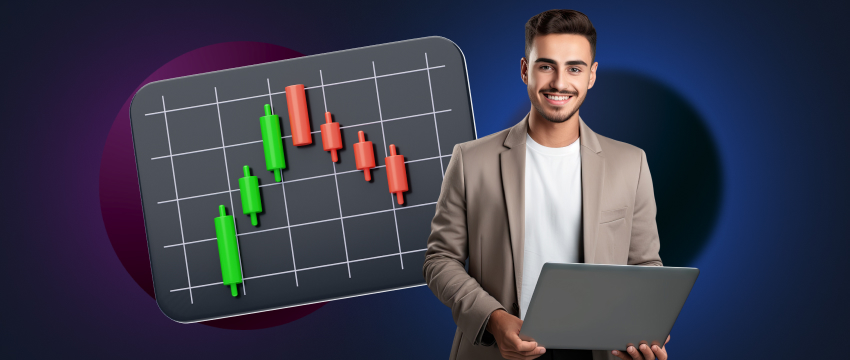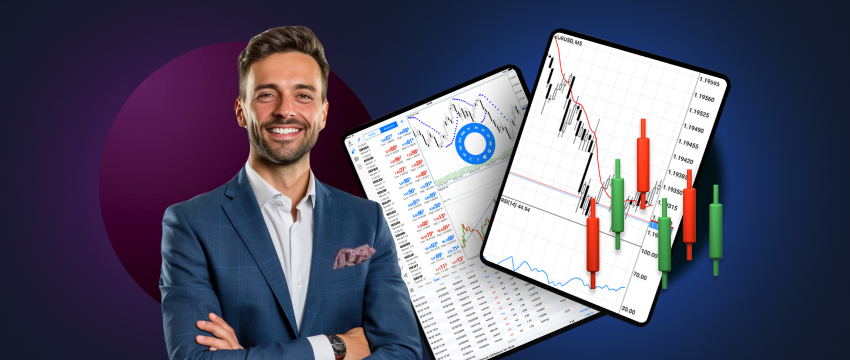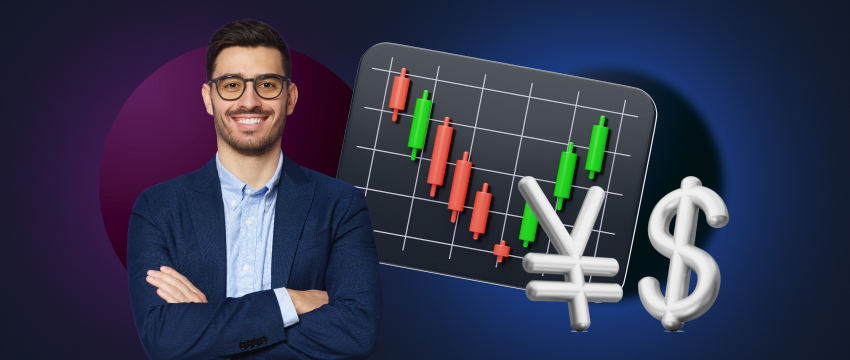MetaTrader 4 is a well-known online trading platform in the forex and CFDs space. Traders widely use this trading solution, and most of them feel comfortable with it. And while the question ‘Who owns MT4?’ may sound like it takes just a few words to answer, it isn’t that simple.
The complexity, however, doesn’t come from the question itself. We could say something along the lines of: MetaQuotes Software Corp. developed MetaTrader 4 and wrap up there. But perhaps that’s not what you meant. Perhaps you want to know whether your broker owns MT4, or whether you’re in ownership of your own MT4 account?
In either case, we intend to explore the full depths of the question in this article. That way, even if we’re answering something you didn’t intend to ask, you’ll walk away with a deeper understanding of MT4.
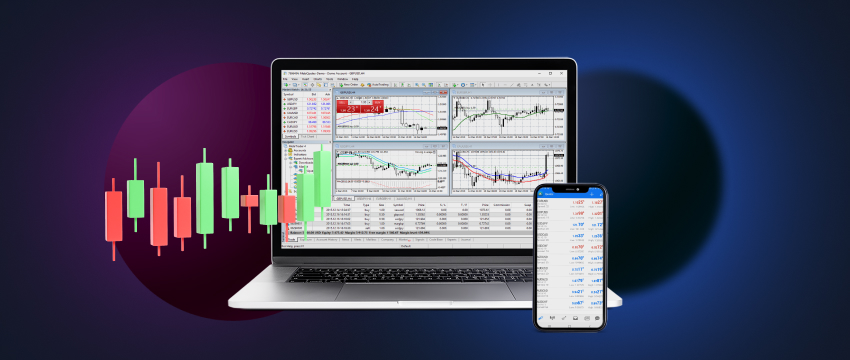
Who owns MetaTrader 4? – The company that develops it
As we mentioned in our simple answer, MetaQuotes Software Corp. developed MT4. This Russian software firm focuses on creating modern solutions for pasaran kewangan. The company remains private and does not list on any exchange, so it cannot trade publicly.
As you most likely know, the same company has developed MetaTrader 5 as well. However, it’s much less known that there were versions of MetaTrader before MT4. Between 2002 and 2005, the company released multiple versions of the software, although it hasn’t become nearly as widely adopted as the two most recent versions.
MetaQuotes released MetaTrader 4 in 2005
In 2005, MetaQuotes released MT4, which was a huge step up in usability and accessibility compared to its previous software. The period between 2007 and 2010 is when many online brokerages started implementing it as their trading solution of choice.
Since then, the software has steadily grown in popularity, thanks in no small part to that initial wave. The custom programming language, MQL 4, allows users to create custom indicators and EAs. Of course, the more users there are, the more useful this feature is, with thousands of options available currently.
So, in the most literal answer, MetaQuotes Software Corp. is the owner of MetaTrader 4. They determine licensing rules and validity, and brokers go through them to implement the platform into their service.
In fact, MetaQuotes got into some hot water recently when they tried to restrict brokerages from implementing additional platforms. But if you’re, for instance, a brokerage owner who wants to provide MT4, that’s where you’ll need to go.
Who owns MT4? – The broker that provides the service
Moving on to the next segment, we’ll switch to a broker’s point of view. While MetaTrader 4 is definitely owned by MetaQuotes, forex traders know that not all forex brokers offer the same MT4. This may make you think that the broker owns the platform instead of the parent company.
And while this is untrue in the strictest sense, most brokers do implement changes to the baseline of MT4. Most forex and CFD brokers, for instance, offer flexible leverage and are able to change the exact level for traders.
What else can brokers change?
However, that’s just one thing. Another feature that’s much more crucial for a lot of traders is cross-device synchronization. In other words, MetaTrader 4 doesn’t sync your data like chart settings, account info, or indicators. So, switching to different devices would mean starting all over.
Asset Availability: Not All Brokers Offer the Same Instruments
Brokers, luckily, can implement various cloud-based services to nullify that issue. This ensures that, if you work on multiple computers, or want to switch to a new one, you won’t lose years of trading data in the transition.
Another thing that may significantly differ from broker to broker on MT4 is the asset list. Some brokerages will omit certain assets that are available on their platform to streamline the trading experience.
Sometimes, they’ll remove entire asset categories. If a brokerage really wanted to specialize in forex trading, for example, you may not see other classes like saham dan indeks.
Of course, this results in a vastly different trading experience and can make one brokerage’s experience on MT4 feel entirely different from another’s.
Enhancing MT4 with custom features
Finally, it’s also crucial to mention that there are tons of other supplementary features that brokers can introduce. There are various plugins, custom tools, premium indicators, signals, and educational features they can opt to add. So, while one broker’s MetaTrader4 platform may be quiet, another may keep you notified of all the key happenings in online markets.
In other words, the broker you choose doesn’t own the platform, it most likely owns a license. However, every broker does modify how the platform feels, and, in a sense, owns that unique experience.

Who owns MT4? The trader that uses the service
Let’s drop one more level down and look at the trader. Once you start trading on MT4 via a live account, you’ll likely start modifying your platform. MetaTrader4 is highly modular, and you should make it feel how you want it to feel.
That may include things like shifting platform elements. Perhaps you’ll modify your default screen to omit some of the things that are there on startup if the platform is unmodified. You’ll start using custom indicator setups and saving them, and, at some point, it’s likely that you’ll employ EAs.
Beyond that, you’ll likely have a favorite group of assets or multiple groups for different strategies. You’ll be able to save these groups into asset lists for simpler access.
MQL 4 and MT4 trading
Additionally, as we mentioned, MQL 4 allows traders to program their own indicators and EAs. If you’re experienced with programming or just want highly specialized tools, you may start making your own trading features.
Overall, as soon as traders get their hands on a platform, they’ll make it unique. It’s rare for two traders who have traded for some period to have the exact same setup. Whether it be small differences like window placement or larger ones like indicator and EA setups, there will be some level of modification.
Again, this doesn’t mean that you own the platform. You’re the third in the hierarchy likely, behind the company that licenses the software to the broker that sets up the account for you. It’s important to remember that you’re bound by the broker’s rules. Many traders forget this and break key conditions only to end up frustrated.
However, it is also important to make the platform feel like it’s yours. After all, it is your working space and if you like trading, you’ll spend many hours there.
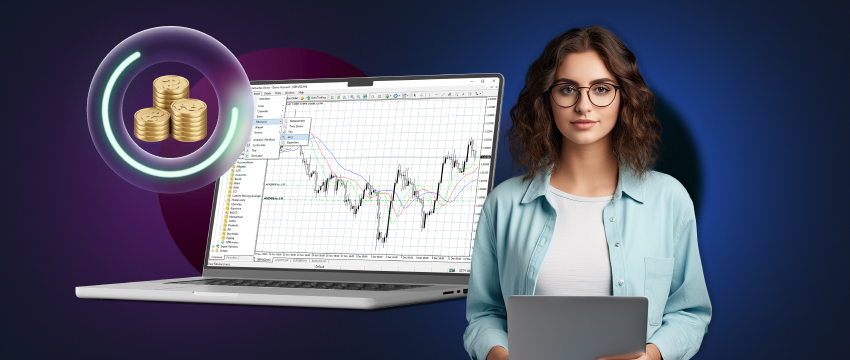
MetaTrader 4 ownership – Should you worry?
In the age of digital goods, ownership is a hotly debated topic. The fact that you are essentially renting, and not buying, what you’re paying for doesn’t sit well with a lot of people. We won’t get into the moral or personal preference aspects of it, but for MT4, it shouldn’t matter.
If you pick a solid broker and follow the ruleset, which is usually very simple, you’re extremely unlikely to have any issues that might stem from ownership. The important thing is for you to organize the platform how you like and to stick to the framework the broker has provided you. Do this, and you’ll have an entirely smooth and pleasant trading experience.
Penafian: This material is for general informational and educational purposes only and should not be considered investment advice or an investment recommendation. T4Trade is not responsible for any data provided by third parties referenced or hyperlinked in this communication.
